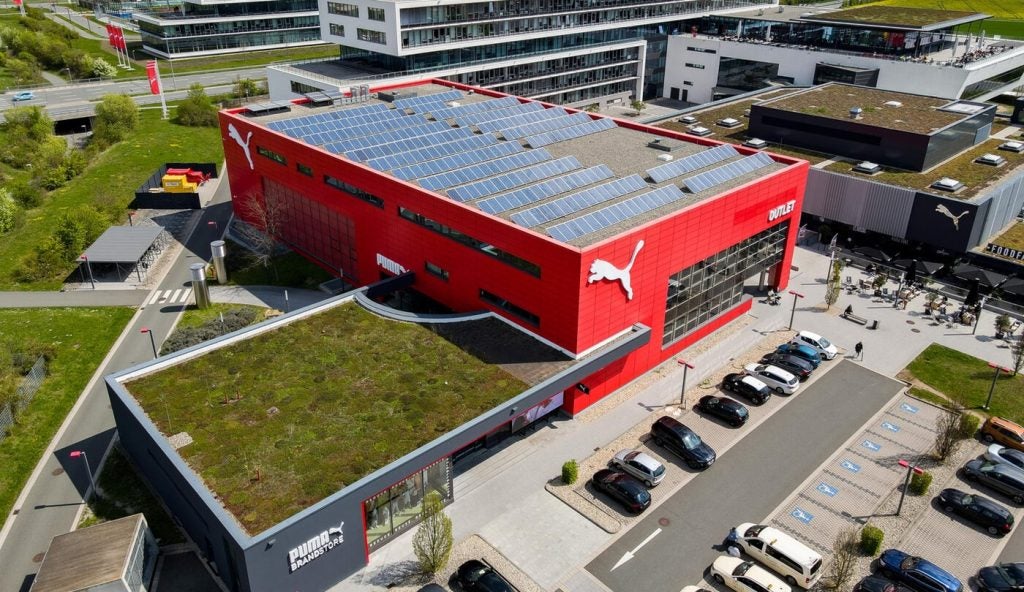German sportswear manufacturer Puma has claimed that 90% of its products are produced from recycled or certified materials as of 2024.
In 2021, the company set the target to integrate sustainable materials into nine out of ten products. It has since increased the use of recycled and certified materials, contributing to a reduction in greenhouse gas emissions.
These efforts have resulted in 13% of its cotton being recycled and approximately 75% of its polyester fabric coming from recycled sources in 2024.
The brand provided these updates as part of its sustainability report, published on 22 April.
Puma's chief product officer Maria Valdes said: "Reaching our goal of nine out of ten products one year ahead of schedule is a testament to the great teamwork of everybody involved at Puma and our manufacturing partners.
"We will take this momentum and continue to look for ways to reduce our environmental footprint as part of our Vision 2030 sustainability goals."
Puma is also introducing RE:FIBRE project, which focuses on transforming industrial and consumer waste into raw materials.
In 2024, nearly 14% of the polyester in Puma’s apparel was produced using this innovative process.
The company said that it has also made strides in reducing emissions throughout its supply chain, achieving a 17% decrease from 2017 to 2024 in emissions related to purchased goods and services.
Additionally, by switching to renewable energy sources, including solar power plants at key facilities and increasing the number of electric vehicles in its fleet, Puma has cut emissions from its operations by 86% since 2017.
Puma's climate strategy targets a 90% absolute reduction of greenhouse gases within its operations and a 33% reduction across its supply chain by 2030.
These goals are set to align with scientific recommendations for capping global temperature increases at 1.5 degrees celsius above pre-industrial levels.
Recently, Puma issued a warning that sales growth would be in the low to mid-single-digit percentage range this year.














